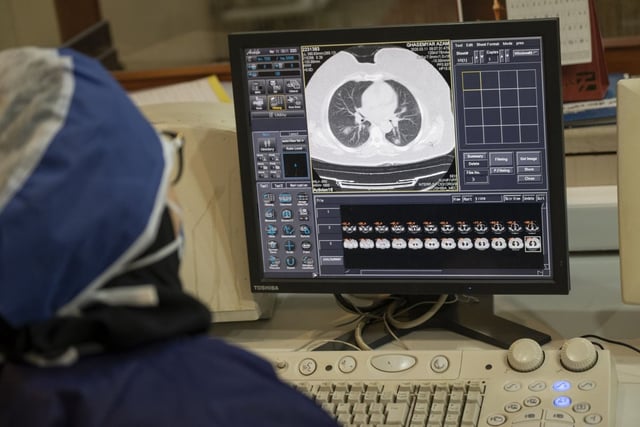Overview
- The deep learning model Sybil achieved high predictive accuracy for lung cancer risk, with C-indices of 0.86 at one year and 0.74 at six years in a Korean validation study of over 21,000 participants.
- The study included 11,098 never-smokers, among whom Sybil demonstrated similar accuracy, with one-year and six-year C-indices of 0.86 and 0.79, respectively.
- Lung cancer rates are rising by 2% annually among young East Asians, particularly women, despite low smoking prevalence, underscoring the need for improved screening tools like Sybil.
- Researchers aim to conduct prospective trials to further validate Sybil's clinical utility and expand its applications to other cancers and cardiovascular disease risk prediction.
- Sybil represents a shift toward imaging-driven, personalized screening approaches, addressing gaps in traditional lung cancer screening criteria that often exclude high-risk never-smokers.
